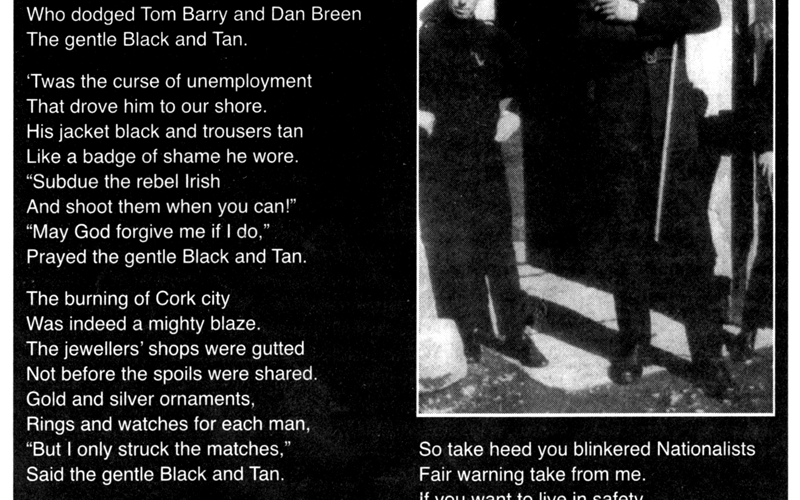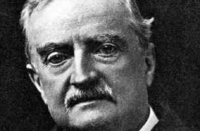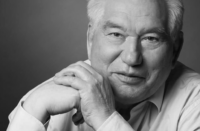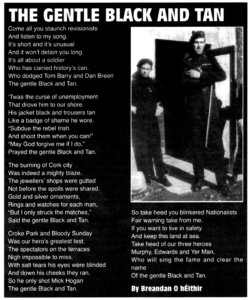One of the defining marks of a colony (or neo-colony) is its adoption of the ideology, and especially the language, of the conqueror. In Ireland the political class, together with their servants (or masters?) in the mass media, have happily adopted and propagated these symbols of subjection, rapidly making them the norm. Not least of these is the offensive term “the Troubles” for the War of Independence and the Civil War.
The first known use of this term was in October 1921, in a message from the king of England to the Pope, redolent of the centuries-old warning of the colonial powers that “the natives are restless.” Since then it has been applied retrospectively to 1798 and even 1641, and forward to include the Civil War and later political conflicts, especially the armed conflict of the 1970s and 80s in the North.
This colonial term is now thoughtlessly used by almost everyone, including some who ought to know better. But the most offensive use remains its application to the War of Independence. The British state decided in 1920 to regard the War of Independence as criminal activity, not a war, hence the decision to create two paramilitary forces, first the RIC Special Reserve (Black and Tans) in March that year and then the Auxiliary Division in July, both thinly disguised as police.
This is the background against which the term “Troubles” was created. It has joined “rebels” for insurgents and revolutionaries, “Irish regiments” for some British regiments in the First World War and the “Irish border” for the British border in Ireland as part of the vocabulary of the Irish media and politicians, doing trojan work in the service of neo-colonialism.







